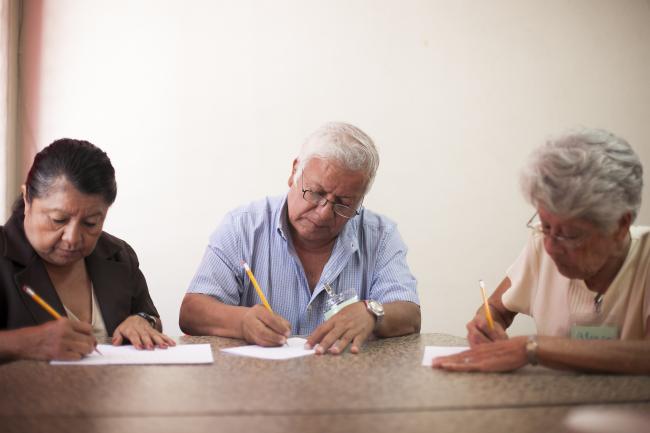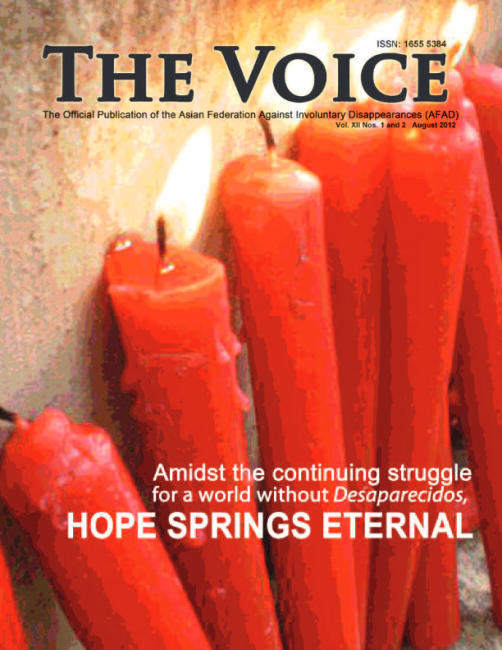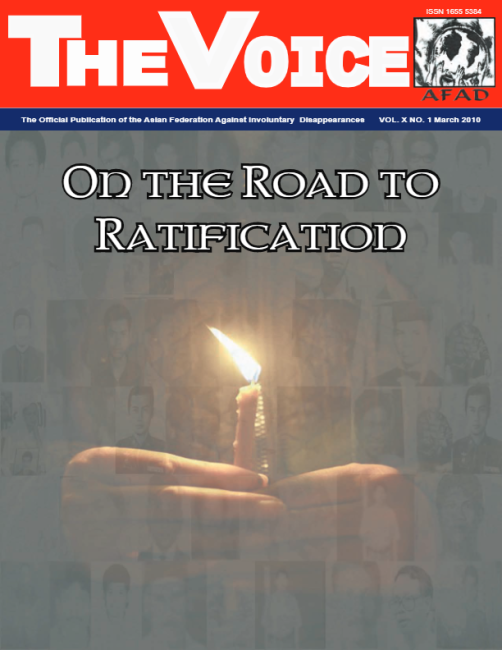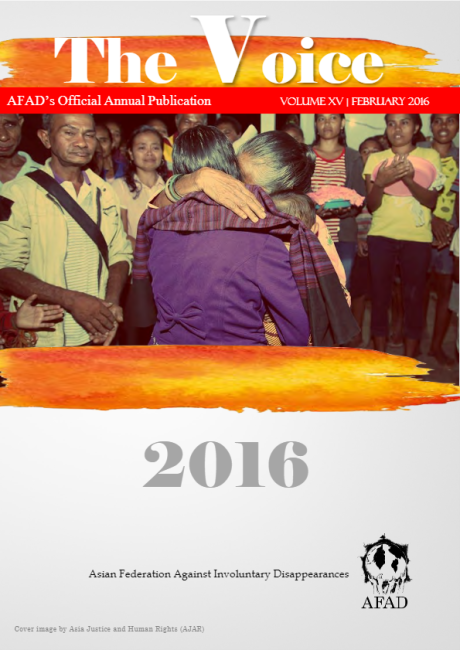
Toward a sociology of family movements: Lessons from the Global South
Research on forced disappearances, which refer to state-orchestrated abductions and disappearances of men and women, has long emphasized the roles of families, specifically mothers, in contesting state violence. However, the family as the locus of social movements resisting inequality and state-related violence remains underexamined in the broader field of social movement study. In this article, I provide an overview of research in areas of the Global South, specifically Latin America and the Middle East, related to family-based activism around disappearance to highlight how turning our analytical lens towards the family enriches our understandings of gender, power, and resistance to systemic inequality. In the discussion, I outline a burgeoning literature around other forms of state violence, such as incarceration and immigrant deportation, that centers the family as a site to critique structural inequality. I conclude by identifying future directions for sociological inquiry into family-based movements that can enrich our understandings of social movements.







